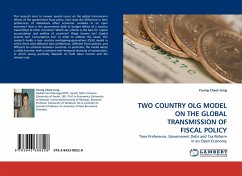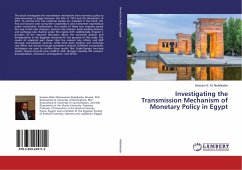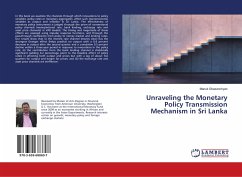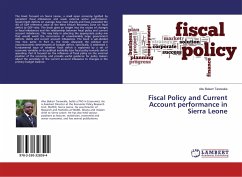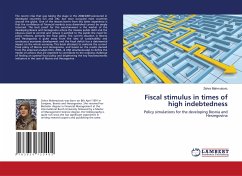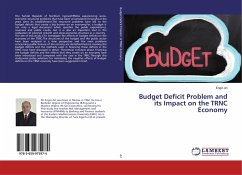This research aims to answer several issues on the global transmission effects of the government fiscal policy. How does the difference in time preferences of individuals affect economic variables in an open economy? How is the government debt or budget deficit of a country transmitted to other countries? Which tax scheme is the best for capital accumulation and welfare of countries? Wage income tax? Capital income tax? Consumption tax? In order to address the issues, this research builds a two- country overlapping-generations (OLG) model in which there exist different time preferences, different fiscal policies, and different tax schemes between countries. In particular, the model adopt a utility function with a constant inter-temporal elasticity of substitution, in which saving positively depends on both labor income and the interest rate.
Bitte wählen Sie Ihr Anliegen aus.
Rechnungen
Retourenschein anfordern
Bestellstatus
Storno

